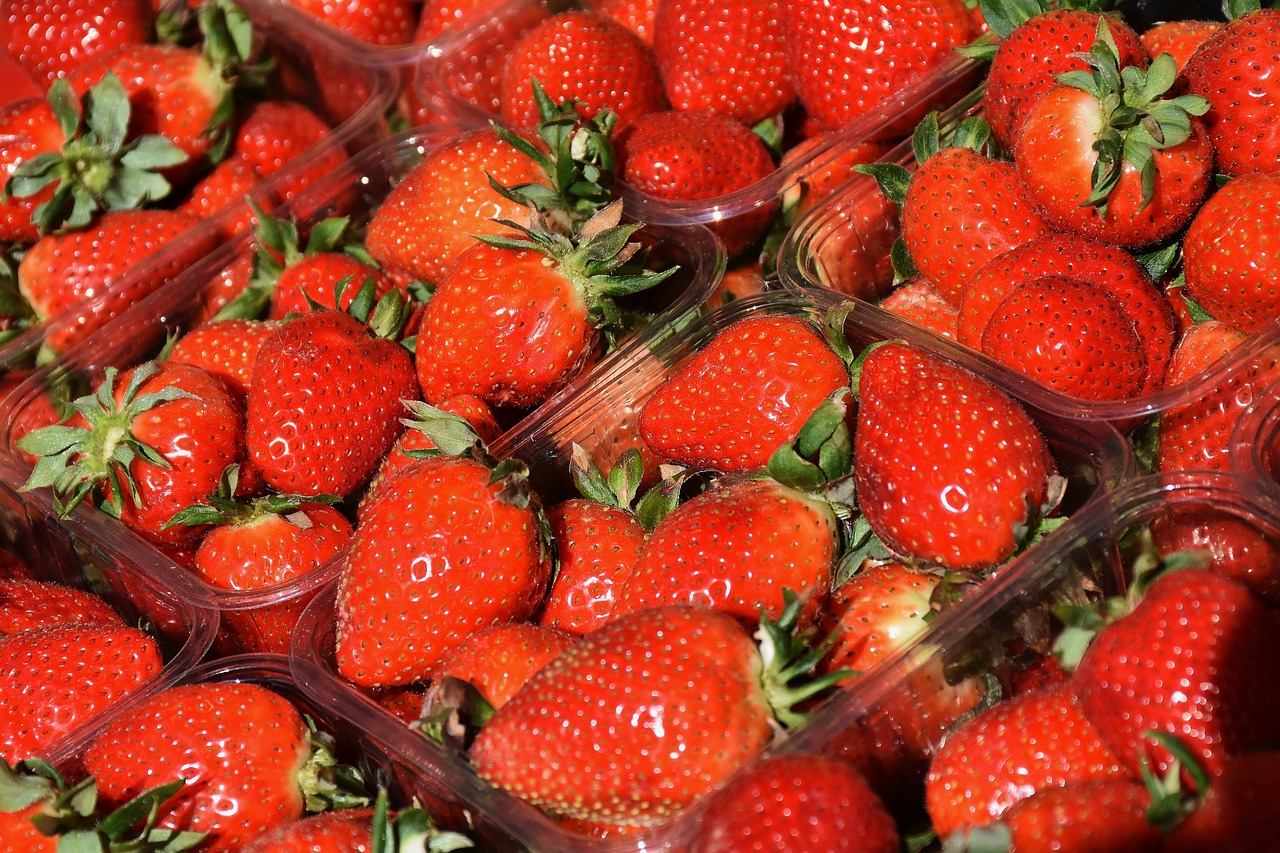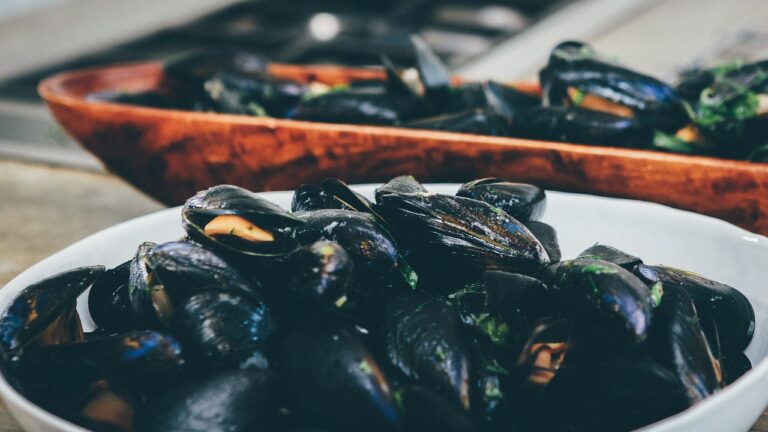The Environmental Impact of Olive Oil Production: 11xplay sign up login password, Www laser247.com, Tiger exchange 247
11xplay sign up login password, www laser247.com, tiger exchange 247: Olive oil is a staple in many households around the world, known for its health benefits and rich flavor. However, while olive oil may be good for us, the production of this beloved oil can have a negative impact on the environment. In this article, we will explore the environmental implications of olive oil production and what steps can be taken to mitigate these effects.
The Process of Olive Oil Production
Before we dive into the environmental impact of olive oil production, let’s first understand how olive oil is made. The process starts with harvesting olives from olive trees, which are then washed and crushed to extract the oil. The oil is then separated from the pulp and water through a process called centrifugation. Finally, the oil is filtered and bottled for consumption.
The Environmental Impact of Olive Oil Production
1. Water Usage
One of the main environmental concerns associated with olive oil production is the excessive amount of water used in the process. Olive trees require a significant amount of water to grow, and the extraction process also requires large amounts of water. This high water usage can lead to water scarcity in regions where olive oil is produced, putting a strain on local ecosystems and communities.
2. Soil Degradation
The intensive cultivation of olive trees can lead to soil degradation, as the constant tilling and use of fertilizers can deplete the soil of nutrients and disrupt the natural ecosystem. This can result in erosion, desertification, and loss of biodiversity in olive-growing regions.
3. Pollution
The use of pesticides and fertilizers in olive oil production can also contribute to pollution of soil and water sources. Runoff from olive groves can carry harmful chemicals into rivers and streams, contaminating water supplies and harming aquatic life. Additionally, the production process itself can generate waste that may not be properly disposed of, further contributing to pollution.
4. Deforestation
The expansion of olive groves to meet the growing demand for olive oil can result in deforestation and loss of natural habitats. This can have a devastating impact on local wildlife populations and contribute to climate change by reducing the carbon sequestration capacity of forests.
5. Greenhouse Gas Emissions
The production and transportation of olive oil can also contribute to greenhouse gas emissions, primarily through the use of fossil fuels for machinery and vehicles. Additionally, the decomposition of organic waste generated during the production process can release methane, a potent greenhouse gas, into the atmosphere.
Mitigating the Environmental Impact
Despite these environmental challenges, there are steps that can be taken to mitigate the impact of olive oil production on the environment. Sustainable farming practices, such as organic farming and integrated pest management, can reduce the use of harmful chemicals and promote soil health. Conservation measures, such as rainwater harvesting and drip irrigation, can also help minimize water usage and preserve local water resources.
Furthermore, certification programs, such as the Sustainable Agriculture Network and the Rainforest Alliance, can help consumers identify olive oil products that are produced using environmentally friendly practices. By choosing certified sustainable olive oil products, consumers can support producers who are committed to protecting the environment and promoting biodiversity.
FAQs
Q: Can I make a difference as a consumer?
A: Yes! By choosing sustainable and certified olive oil products, you can support environmentally friendly practices and encourage producers to adopt more sustainable methods.
Q: How can olive oil producers reduce their environmental impact?
A: Olive oil producers can implement sustainable farming practices, reduce water usage, and minimize the use of chemicals to mitigate their environmental impact.
Q: Are there any alternative oils that are more environmentally friendly?
A: Yes, there are several alternative oils, such as avocado oil and sunflower oil, that have a lower environmental impact compared to olive oil. However, each oil has its own set of environmental challenges, so it is essential to consider the overall sustainability of the production process.
In conclusion, while olive oil production can have a negative impact on the environment, there are opportunities for producers and consumers to work together to promote sustainability and protect our planet. By making informed choices and supporting sustainable practices, we can enjoy the benefits of olive oil while minimizing its environmental footprint.







